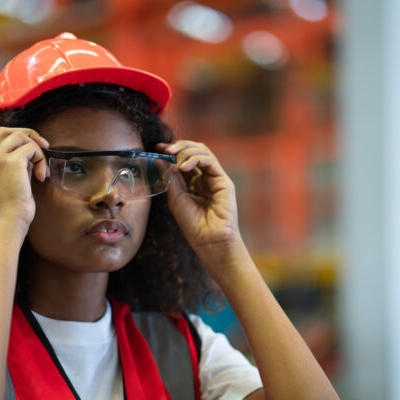Clean Air: A Necessity for Health and Well-being
Thursday, June 29, 2023 John Coniglio

Clean air is an essential resource for sustaining life and maintaining good health. It is a vital component of our environment, yet its quality is increasingly threatened by pollution and human activities. In this article, we will explore the importance of clean air and its impact on our health, the causes of air pollution, and the urgent need for collective action to preserve and improve air quality.
Clean air plays a crucial role in supporting human health and well-being. Breathing in polluted air can have severe consequences, causing or exacerbating respiratory diseases, cardiovascular problems, and other health issues. Fine particulate matter (PM2.5) and toxic gases emitted from vehicles, factories, and power plants contribute to air pollution. Prolonged exposure to such pollutants has been linked to lung cancer, asthma, allergies, and premature death. Furthermore, vulnerable populations such as children, the elderly, and individuals with pre-existing health conditions are particularly susceptible to the adverse effects of poor air quality.
The main causes of air pollution include emissions from transportation, industrial activities, energy production, and household combustion. Now we see environmentally related issues and perhaps the effects of climate change having impact with vast forest fires impacting the air. As we have seen these fires have impacted vast areas as wind has spread causing serious air quality issues. Vehicle exhaust, including emissions from cars, trucks, and airplanes, is a significant contributor to air pollution, releasing pollutants such as nitrogen oxides (NOx) and volatile organic compounds (VOCs). Industrial processes involving the burning of fossil fuels and the release of harmful chemicals also contribute to the problem. Additionally, household activities like cooking and heating with solid fuels in poorly ventilated spaces release smoke and pollutants into the air, particularly affecting developing countries.
Addressing air pollution requires a multi-faceted approach involving government policies, technological advancements, and individual actions. Governments must establish stringent regulations to limit emissions from vehicles and industrial sources, encourage the use of renewable energy, and promote sustainable transportation alternatives. Additionally, investing in cleaner technologies, such as electric vehicles and renewable energy systems, can significantly reduce air pollution. Individuals can contribute by adopting sustainable practices like carpooling, using public transportation, conserving energy, and avoiding the burning of solid fuels for cooking or heating. Improved forest management is also being pushed as a means to reduce the impact of forest fires.
To achieve clean air, international cooperation and collective action are paramount. Collaborative efforts are needed to develop and implement effective air quality monitoring systems, share best practices, and enforce regulations. Furthermore, public awareness campaigns and education initiatives can help foster a culture of environmental responsibility, encouraging individuals and communities to prioritize clean air and make informed choices that reduce pollution. By recognizing the importance of clean air and taking concerted action, we can safeguard our health, protect the environment, and ensure a sustainable future for generations to come.
Clean air is an invaluable resource that sustains life and promotes well-being. It is essential for protecting human health, mitigating the impacts of climate change, and maintaining ecological balance. By understanding the causes and consequences of air pollution and collectively working towards reducing emissions and improving air quality, we can create a healthier and more sustainable world for ourselves and future generations. Let us strive for clean air as a fundamental right for all.




.jpg)